Microbiome
Recent articles
Going against the gut: Q&A with Kevin Mitchell on the autism-microbiome theory
A new review of 15 years of studies on the connection between the microbiome and autism reveals widespread statistical and conceptual errors.
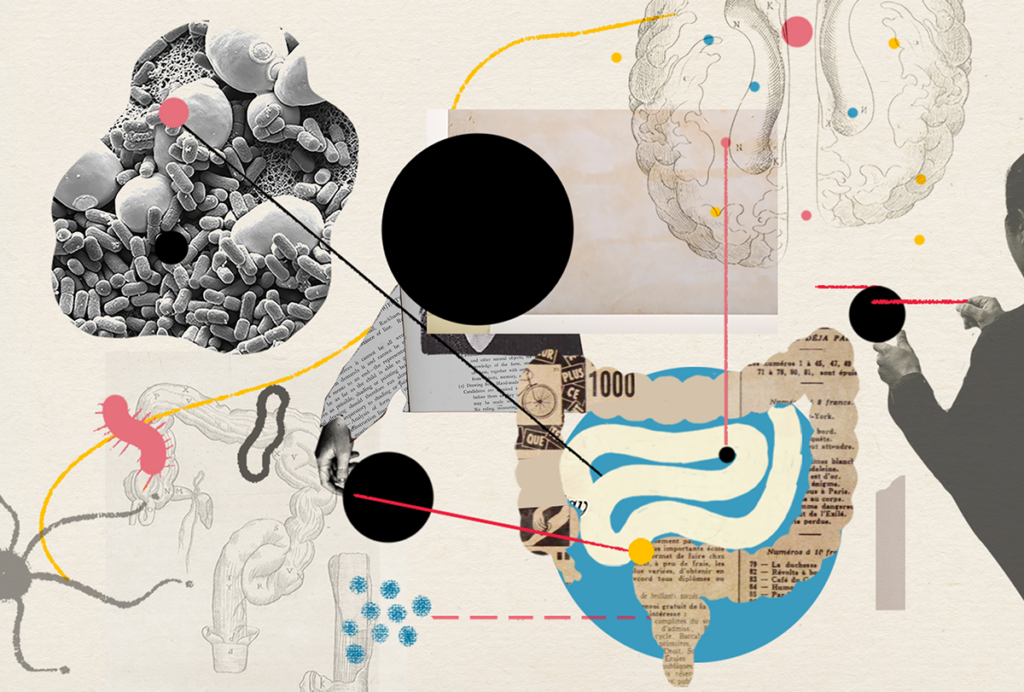
Going against the gut: Q&A with Kevin Mitchell on the autism-microbiome theory
A new review of 15 years of studies on the connection between the microbiome and autism reveals widespread statistical and conceptual errors.
Rethinking mental health: The body’s impact on the brain
Mounting evidence illustrates how peripheral molecules can influence brain function, offering new therapeutic targets.
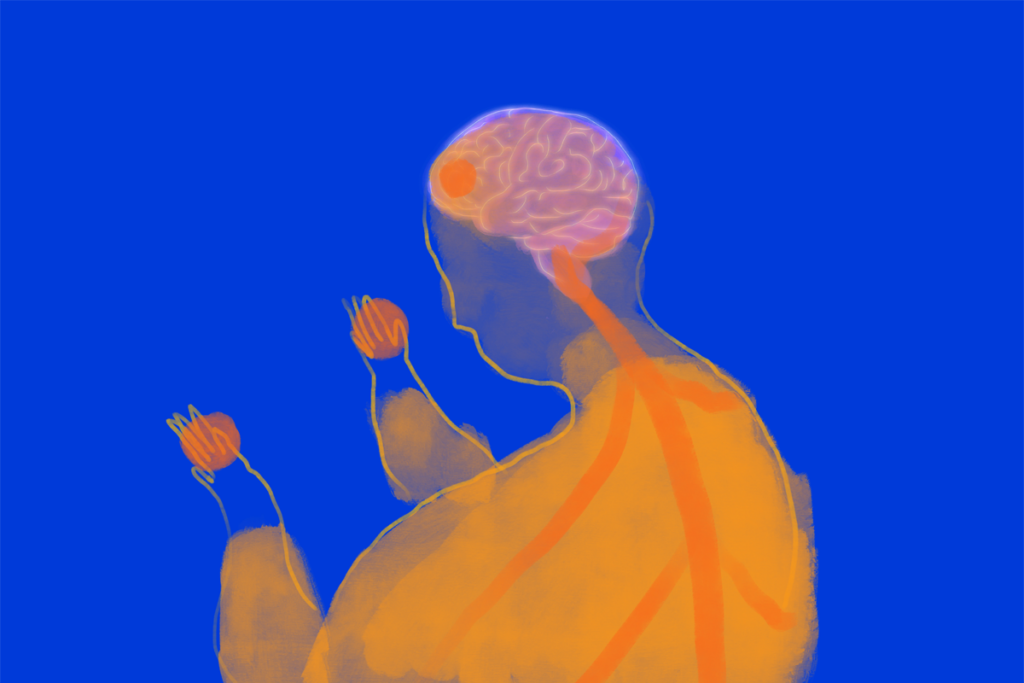
Rethinking mental health: The body’s impact on the brain
Mounting evidence illustrates how peripheral molecules can influence brain function, offering new therapeutic targets.
Striking a pose with Aya Osman
The neuroscientist and part-time fashion model opens up about the people who inspire her; her interest in science communication; and how she once ended up on a stage with Channing Tatum.
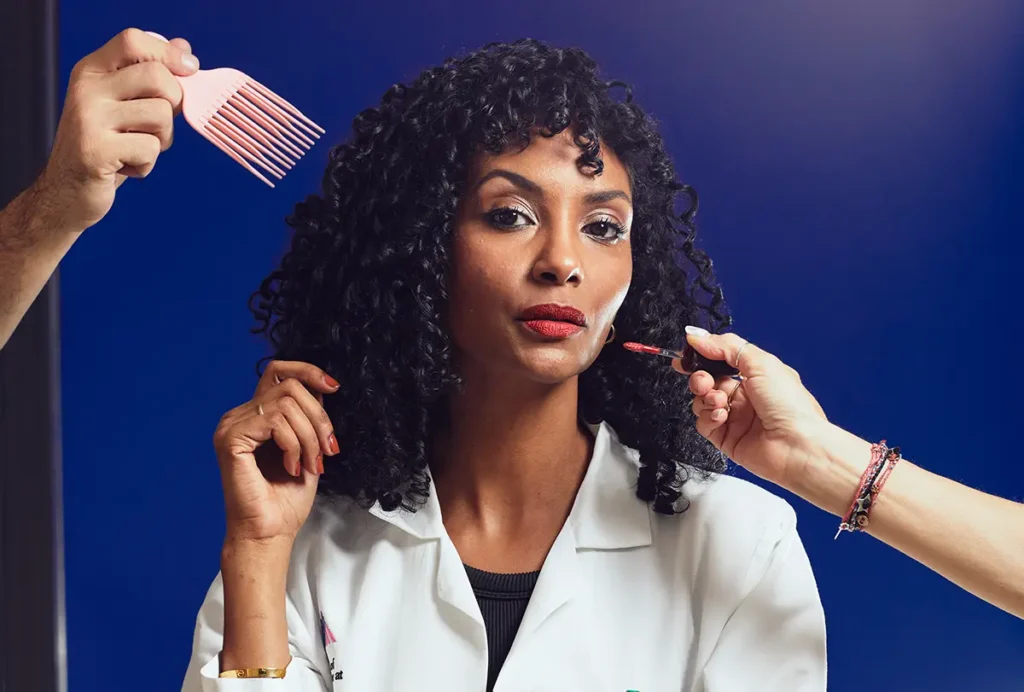
Striking a pose with Aya Osman
The neuroscientist and part-time fashion model opens up about the people who inspire her; her interest in science communication; and how she once ended up on a stage with Channing Tatum.
Temperament is innate but hackable, animal studies suggest
Emotional reactivity and vulnerability to stress are largely inherited in rodents — but can be modified in early life by targeting inflammation-related cells or even just adjusting an animal’s environment.
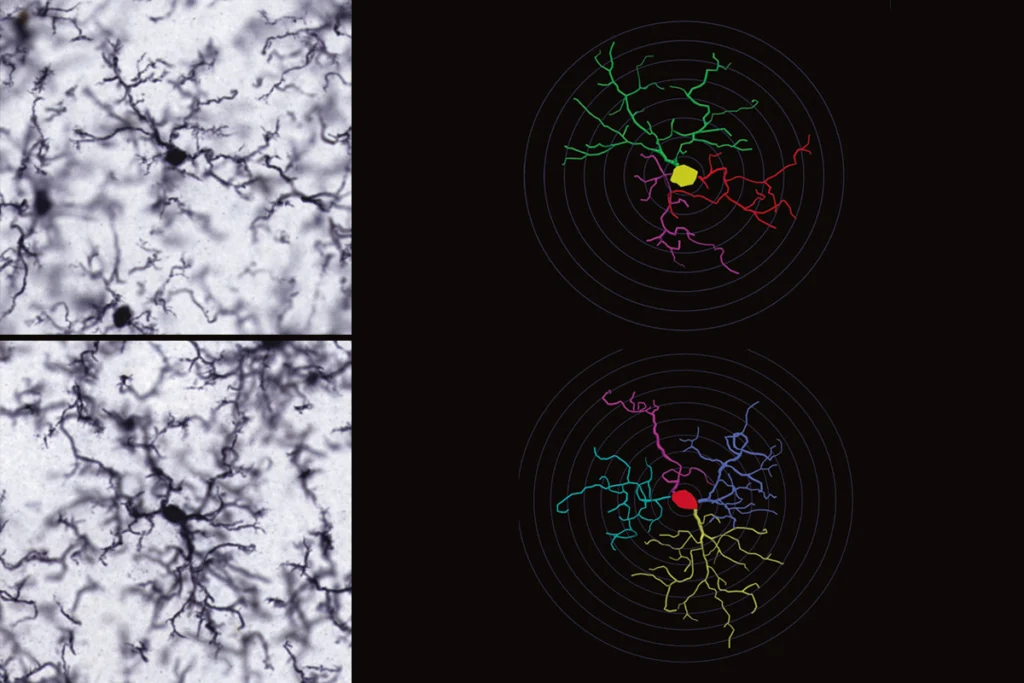
Temperament is innate but hackable, animal studies suggest
Emotional reactivity and vulnerability to stress are largely inherited in rodents — but can be modified in early life by targeting inflammation-related cells or even just adjusting an animal’s environment.
Gut microbiome meta-analysis reveals consistent autism signal
But the field needs to move on from cross-sectional studies to gain insights into the causes and consequences of the association, experts say.
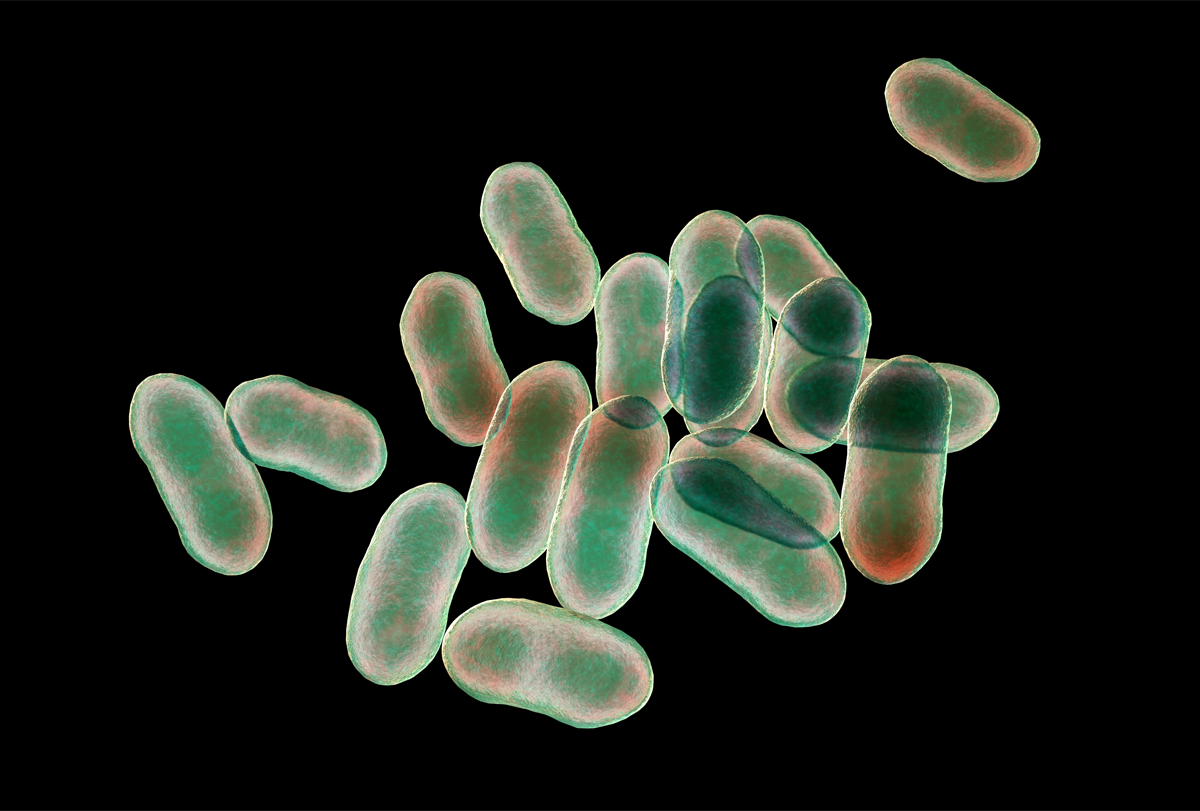
Gut microbiome meta-analysis reveals consistent autism signal
But the field needs to move on from cross-sectional studies to gain insights into the causes and consequences of the association, experts say.
‘wildDISCO’ cocktail yields whole-body maps of mouse neurons and more
A new technique used to create see-through rodents can help scientists analyze how the nervous system interacts with other body systems.
‘wildDISCO’ cocktail yields whole-body maps of mouse neurons and more
A new technique used to create see-through rodents can help scientists analyze how the nervous system interacts with other body systems.
The link between maternal infection and autism, explained
Having an infection during pregnancy is tied to a small increase in the chances of having an autistic child, but the connection may not be causal.
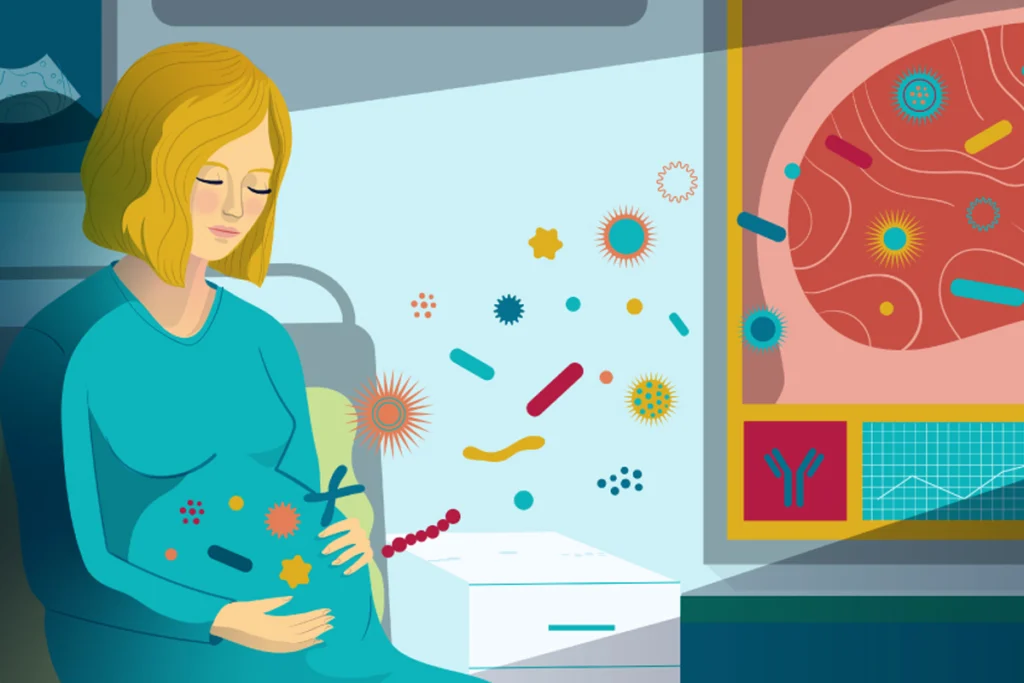
The link between maternal infection and autism, explained
Having an infection during pregnancy is tied to a small increase in the chances of having an autistic child, but the connection may not be causal.
Null and Noteworthy: COVID-19 conclusions; diagnosis duplication; oxytocin again
This month’s newsletter explores the pandemic’s effects on autism rates, trends in co-occurring mental health conditions, and the impact of intranasal oxytocin.
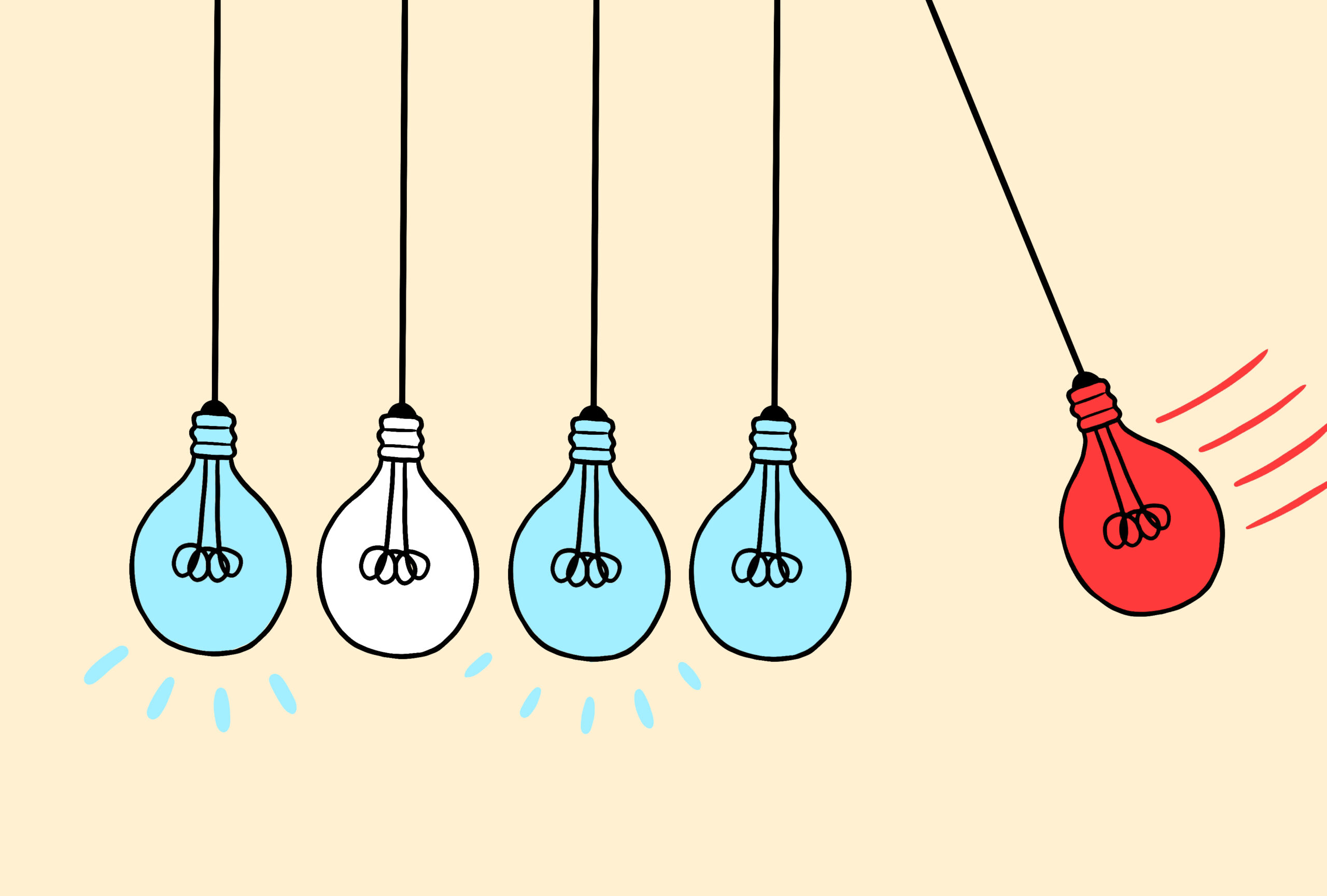
Null and Noteworthy: COVID-19 conclusions; diagnosis duplication; oxytocin again
This month’s newsletter explores the pandemic’s effects on autism rates, trends in co-occurring mental health conditions, and the impact of intranasal oxytocin.
Null and Noteworthy: Medication timing; oxytocin amounts; sensory sameness
Parents’ health, treatment dosages and sensory perception feature in this month’s crop of null and replicated results.
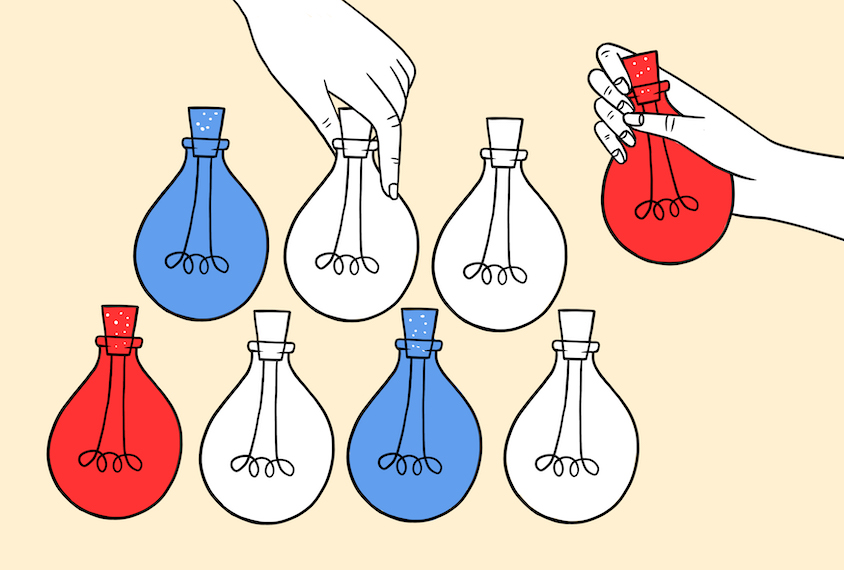
Null and Noteworthy: Medication timing; oxytocin amounts; sensory sameness
Parents’ health, treatment dosages and sensory perception feature in this month’s crop of null and replicated results.
Gut molecule linked to decreased myelination in mouse brains
Targeting the molecule, 4EPS, with an experimental drug may be a way to ease anxiety for autistic people, the researchers say. But not everyone is convinced.
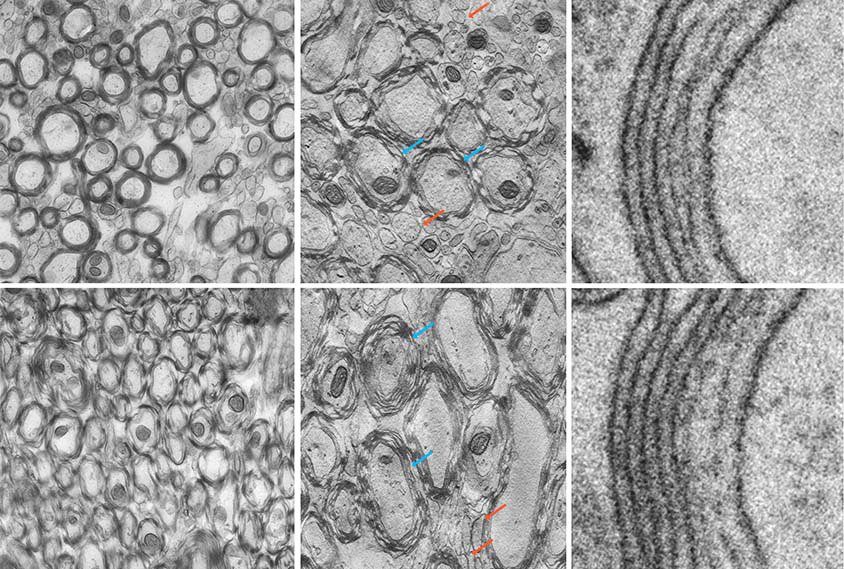
Gut molecule linked to decreased myelination in mouse brains
Targeting the molecule, 4EPS, with an experimental drug may be a way to ease anxiety for autistic people, the researchers say. But not everyone is convinced.
Explore more from The Transmitter
Two primate centers drop ‘primate’ from their name
The Washington and Tulane National Biomedical Research Centers—formerly called National Primate Research Centers—say they made the change to better reflect the breadth of research performed at the centers.

Two primate centers drop ‘primate’ from their name
The Washington and Tulane National Biomedical Research Centers—formerly called National Primate Research Centers—say they made the change to better reflect the breadth of research performed at the centers.
Post-infection immune conflict alters fetal development in some male mice
The immune-conflict between dam and fetus could help explain sex differences in neurodevelopmental conditions.

Post-infection immune conflict alters fetal development in some male mice
The immune-conflict between dam and fetus could help explain sex differences in neurodevelopmental conditions.
Three ecological psychologists on the right and wrong ways to use the field’s principles in neuroscience
Matthieu de Wit, Luis H. Favela and Vicente Raja weigh in on the recent trend of neuroscientists importing concepts from ecological psychology, the study of how an organism’s interactions with its environment explain perception and action.
Three ecological psychologists on the right and wrong ways to use the field’s principles in neuroscience
Matthieu de Wit, Luis H. Favela and Vicente Raja weigh in on the recent trend of neuroscientists importing concepts from ecological psychology, the study of how an organism’s interactions with its environment explain perception and action.